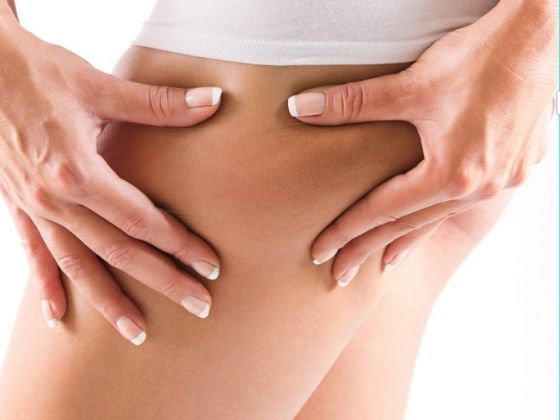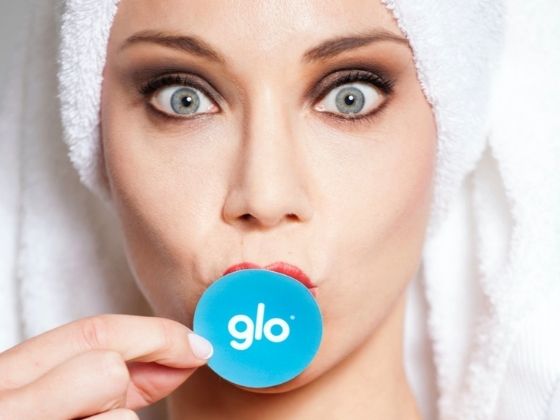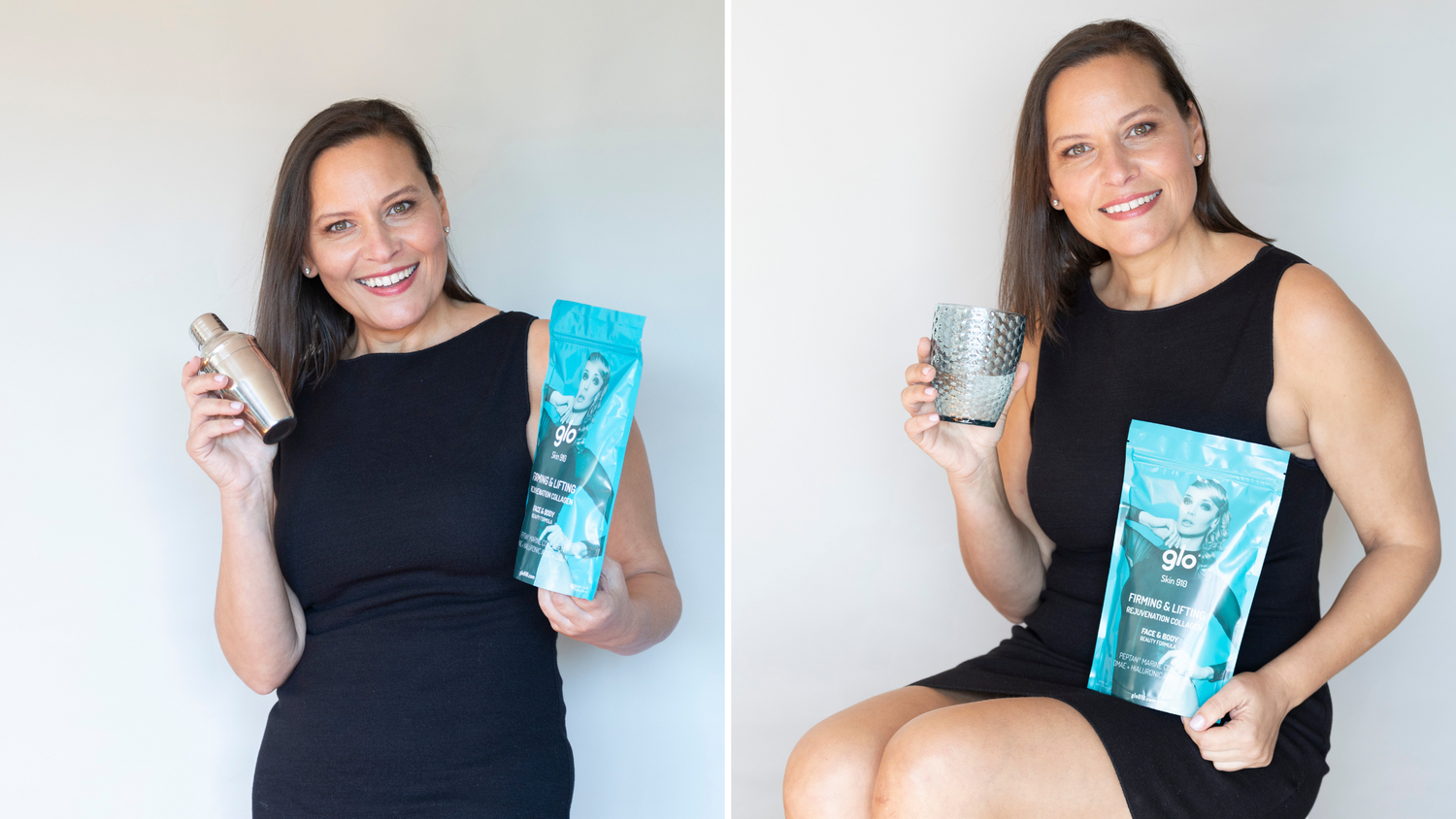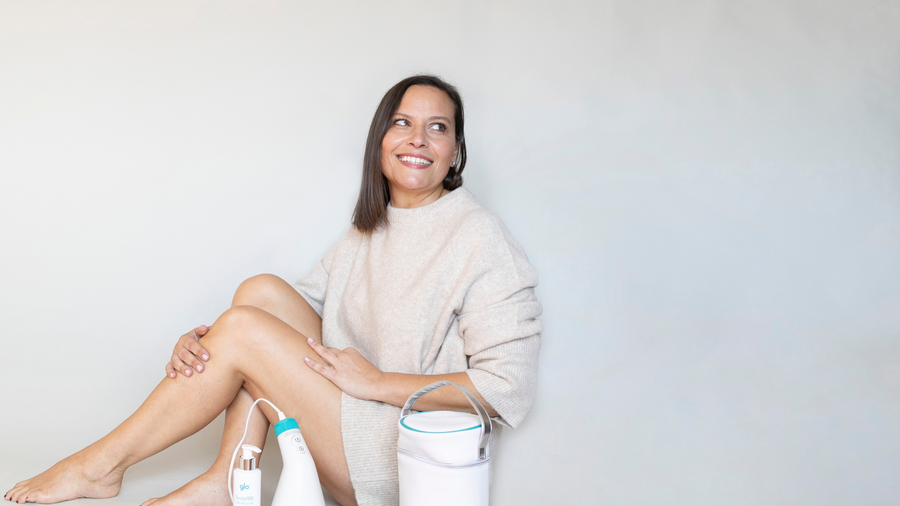If you have already surpassed the 45-50-year barrier, you may be starting to notice the symptoms of menopause, including the loss of density and firmness of the skin. This is normal, even if it's a little hard to accept, but with the hormonal change, the loss of natural collagen is accentuated.
If you are interested in learning more about collagen and how this supplement can help you take care of your skin and hair, and even your well-being, you will find this article useful and interesting.
Let's start at the beginning,
What is collagen and how does it affect menopause?
Collagen is a fundamental protein in our body, as it forms the structure of tissues such as skin, bones, tendons and ligaments. As we age, the natural production of collagen decreases, which can lead to the appearance of symptoms related to ageing, such as loss of skin elasticity, the appearance of wrinkles and deterioration of joints. This loss of collagen starts from the age of 25 and is more evident from the age of 35-40.
During menopause, estrogen levels decrease significantly, which accentuates the reduction in collagen production. This is because estrogen plays a key role in collagen synthesis in the body. As a result, many women experience a decrease in the quality of their skin, as well as joint problems during this stage of life. It is also very common to notice a change in the distribution of body fat, which is more concentrated around the waist, and the appearance of cellulite; not so much due to the accumulation of fat, but due to the loss of collagen in the connective tissue, which causes dimpling of the skin.

Types of collagen and their importance in menopause
There are several types of collagen in our body, but the most abundant are type I, more present in the skin, type II and type III, in joints.
Hydrolyzed collagen is a form of collagen that has been broken down into small peptides, which facilitates its absorption by the body, and can be of bovine or marine origin. This type of collagen is especially beneficial during menopause, as it can help counteract the negative effects of decreased estrogen on collagen production.
Depending on the origin of the collagen, it can be of bovine or marine origin.
Bovine collagen tastes better but is less efficient and is less well absorbed by the body. Marine collagen, on the other hand, is more bioefficient as it is very similar to that of the human body, which increases its absorption and effectiveness.
Hydrolyzed collagen is known for its regenerative properties and its ability to improve skin elasticity, strengthen bones and reduce joint pain. In addition, it can also contribute to cardiovascular health and muscle health.
Properties of collagen to relieve menopausal symptoms
During menopause, many women experience bothersome symptoms such as hot flashes, vaginal dryness, mood swings and sleep problems. In addition, thinner skin is often noticed, leading to the appearance of wrinkles and sagging; as well as drier and more brittle hair. Hydrolyzed collagen can help alleviate these symptoms because of its anti-inflammatory properties and its ability to stimulate collagen production in the body; and because it is an essential hair and skin protein.
Consumption of hydrolyzed collagen can help reduce the intensity and frequency of hot flashes, improve skin and mucosal hydration, and contribute to more restful sleep. In addition, it can also help maintain bone health, reducing the risk of osteoporosis, a common condition in postmenopausal women.
Is it advisable to take collagen supplements during menopause?
Taking hydrolyzed collagen supplements can be beneficial during menopause, as these supplements provide the body with the amino acids necessary for collagen synthesis. However, it is important to keep in mind that collagen supplements are not a magic bullet and results may vary from person to person. To notice their effect, they should be taken continuously for a sufficient period, at least 3 months, and ideally, included in the daily diet.
It is recommended that in menopause collagen is enriched with other ingredients and vitamins that help a more solid formation, such as vitamin C, silicon and hyaluronic acid.
Among the hydrolyzed collagens to choose from, marine collagen is preferable, unless you have an allergy to fish or shellfish. Hydrolyzed marine collagen is more bioefficient, more similar to human collagen and is better absorbed.
















